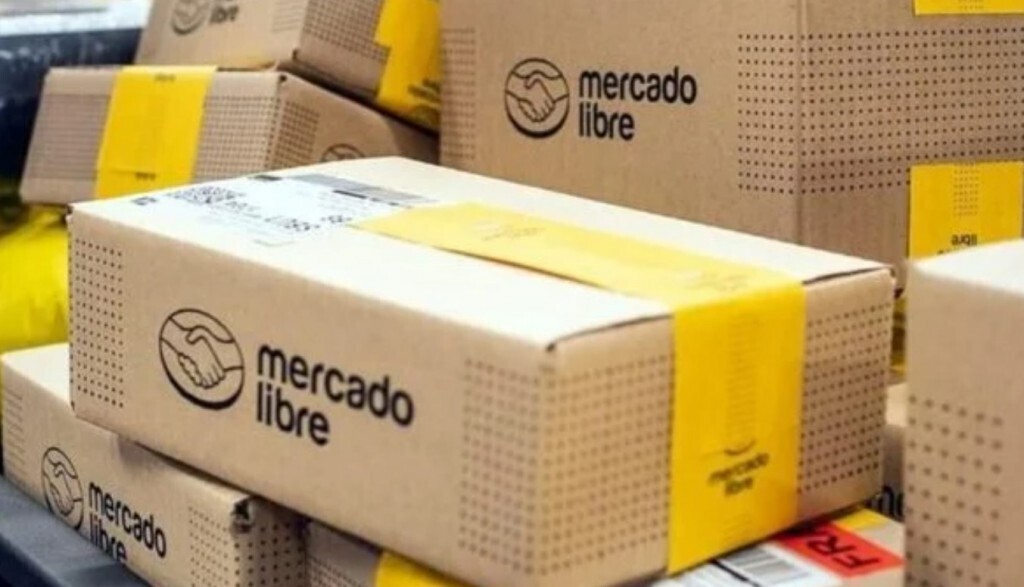
Mercado Libre Argentina demanded that the government of Javier Milei apply deregulations for Shein and Temu. It did so immediately after the scandal broke out in France involving online sales platforms AliExpress, Temu, and Wish, related to the sale of sex dolls with a childlike appearance. Although the reason for the demand has no relation to the actions taken by the Paris Prosecutor's Office in response to complaints from the General Directorate for Competition, Consumption and Fraud Control (Dgccrf), the leading marketplace in Argentina and the region did not miss the opportunity to remind national authorities that the arrival of new competitors forces them to be more aggressive in key sectors such as investments and logistics. In this sense, the high volume of deliveries during CyberMonday complicated the distribution system and affected the fulfillment of committed deadlines, with delays that filled the complaints office. Hence, probably, the warning that, if not controlled, this type of project unbalances the "level playing field". The truth is that the logistics capacity of Mercado Libre was paralyzed in only 65,000 square meters in recent years, and only this year was $65 million invested in the construction of a new logistics center in a peripheral area. Juan Martín de la Serna, president of Mercado Libre Argentina, himself acknowledged that limitation and contrasted it with the over one million square meters of logistics space the company has in Brazil and 970,000 in Mexico.
Offensive against Shein and Temu These days, however, Shein and Temu are in the global spotlight, and in this context, French Finance Minister Roland Lescure threatened to ban the Singapore-based retailer from entering the country if it continued to sell the controversial dolls. This came just days before the opening of its first permanent store in Paris. Protests were even held at the door of the BHV department store, opposite Paris City Hall, where the Shein store will open its doors this week. The head of Mercado Libre agreed with the controversy on the other side of the Atlantic to attack the wholesale entry of cheap products from China, arguing that it will affect small and medium-sized enterprises (SMEs), which represent nearly 90% of the company's sales volume. He emphasized that this phenomenon "risks undermining the local productive fabric and jeopardizing jobs in the region." However, he recalled that when Amazon arrived in Brazil a decade ago, it forced them "to be much more aggressive," but with China "it's another story, and we believe it's important to differentiate: generally, these Asian companies sell low-quality products," he highlighted.
Favorable image of China This assertion is not supported by the expansion of Chinese product sales through their own online platforms. A survey of 1,085 Argentines conducted between July and August 2025 on how they perceive China (conducted by Explanans, a consulting firm headed by Sebastián Puechagut, and Negocios con China, a firm founded by Santiago Notarfrancesco and specializing in the development of commercial ties with the Asian country) found that 8 out of 10 Argentines today have a favorable image of China. The trend extends to Buenos Aires, Córdoba, Santa Fe, and Entre Ríos, where 21.8% of respondents admitted to having purchased directly on Chinese platforms such as Shein or Temu. This indicator reflects how the digital consumption of Chinese products is beginning to consolidate in the country's regional markets as well. During the first half of the year, purchases from China increased by 79.4%, reaching US$8.297 billion. Data from Sensor Tower confirms the trend: in Latin America, Temu's monthly active users grew 143% year-on-year in the first half of 2025, exceeding 105 million people. The application, famous for its very low prices and free shipping, has positioned itself among the most used marketplaces in the region, although Mercado Libre remains Latin America's largest e-commerce company, with more than 112,000 employees and 27 consecutive quarters of annual growth over 30%.
Growing e-commerce In recent years, e-commerce has experienced accelerated growth in Argentina and much of the world. In this scenario, platforms of Chinese origin such as Shein and Temu have managed to position themselves as undisputed protagonists thanks to their ability to offer thousands of products at considerably lower prices than the local market. However, behind this apparent advantage for consumers, there is a phenomenon that causes great concern in the Argentine textile and commercial industry. the Argentine Confederation of Medium-sized Enterprises (CAME) sounded the alarm about the effects that the expansion of these companies is having in the country, particularly in a sector historically sensitive to economic fluctuations: the clothing industry. The analysis is not limited to price competition but also to the transformation of consumption habits that these platforms have introduced. The Shein and Temu proposal combines three key factors: low prices, wide variety, and direct purchasing from a mobile phone. Unlike local brands, which face high production costs, tax burdens, and logistical limitations, these platforms manage to offer fashion garments, accessories, and home products at prices that in many cases are unbeatable.














